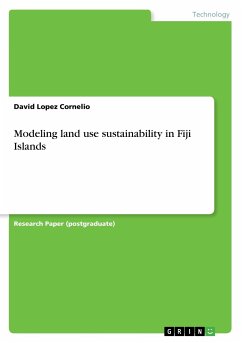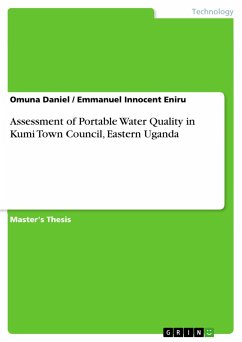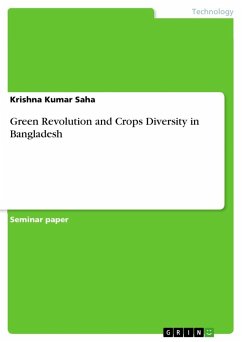Essay from the year 2016 in the subject Environmental Sciences, grade: B+, University of Auckland, language: English, abstract: Forest management is a highly complex issue which entails the management of the many dynamic components of a forest system, including the oft-neglected human component. Due to the inherent differences in priorities and perspectives of native forest 'users' and state forest 'managers' forest management has nearly always been characterized by disagreement, competition and conflict.Given the growing need for a resolution to the global issue of forest degradation, a number of solutions have been put forward, the foremost of which has been Collaborative Forest Management (CFM). CFM is a dynamic approach to solving environmental, socio-economic, and political issues among forest stakeholders including governments through the combined management of forest by all stakeholders. Proponents of CFM believe that this approach brings together the knowledge and resources of all the actors in a forest system, thereby increasing the scope for management, However, opponents to CFM argue that such a simplistic view of CFM fails to take into account the lack of equity between stakeholders which leads to further conflict.A satisfactory appraisal of the potential for CFM to promote 'sustainable' forest use requires an evaluation of the many arguments, both for and against the concept. This essay aims to do just that by reviewing the literature and presenting contrasting views for both arguments.
Hinweis: Dieser Artikel kann nur an eine deutsche Lieferadresse ausgeliefert werden.
Hinweis: Dieser Artikel kann nur an eine deutsche Lieferadresse ausgeliefert werden.








